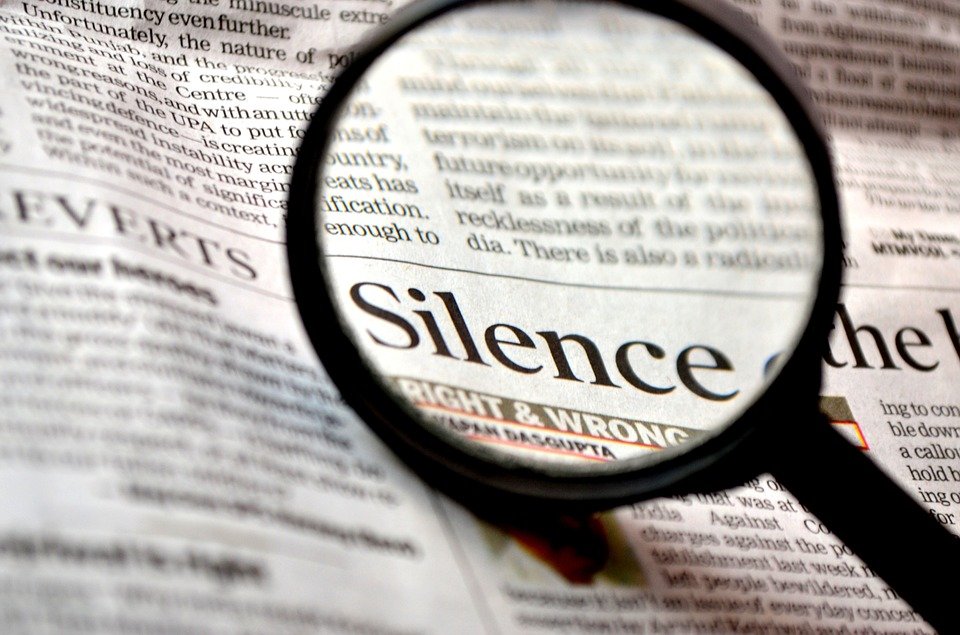
Expression
On 21st October 2023, 43 international human rights organisations condemned ongoing internet blocking and censorship in Yemen.
On 25th September 2023, the eve of the commemoration of the 26 September Revolution and when Yemen became a republic, the Media Freedom Observatory in Yemen reported that YemenNet, the state-owned telecommunications company currently under the control of the Houthi forces, blocked communication platforms including Zoom, Google Meet and Signal. These internet access restrictions were promptly followed by Houthi de facto forces carrying out an alarming wave of arrests of demonstrators, most of whom were peacefully gathered to commemorate the day.
The measures carried out by YemenNet in September are the latest in a long history of internet shutdowns and censorship in Yemen, which has intensified since the start of the conflict in 2015 between the Houthi forces and the Saudi-led coalition. Since 2017, Yemen has witnessed a series of internet disruptions and blockages of social media and messaging platforms, reportedly carried out by the de facto Houthi forces. In 2019, Yemen witnessed the highest number of internet shutdowns in the Middle East.
In separate developments, on 21st September 2023, journalist Nabil Mohammed Al-Sadawi completed the eight-year sentence issued against him, despite which the Houthi group continues to detain him. He was arrested on 21st September 2015, and was forcibly disappeared for five months, during which he was denied visits and subjected to torture.
On 22nd February 2022, he was sentenced to eight years in prison after being convicted of committing various crimes, including working for Saudi Arabia. His trial fell short of international minimum standards for fair trials and due process and he was denied access to a lawyer.
On 5th September 2023, the Mayon Foundation for Artistic and Media Production released the new song “It’s Not Wrong”, which the Gulf Centre for Human Rights described as a song aimed at spreading societal peace. Shortly after, journalist Sam Al-Buhairi, head of the Mayon Foundation for Artistic and Media Production, and his colleague Sinan Al-Tabai, who composed the song, also faced a widespread campaign of intimidation, including serious death threats, and some gunmen began searching for them. A complaint was filed against them with the judiciary in the city of Taiz, where they live.
On 24th August 2023, journalist Majali Al-Samadi posted the following on his Facebook page, accompanied by several photos of himself showing a number of cuts and bruises: “An armed gang of five people attacked me near my house now, they beat me up and threatened to come back if I didn’t stop writing.” The attack occurred in front of his house in the Al-Safia area in Sana’a.
Al-Samadi is the founder and director of “Voice of Yemen” radio station, which was suspended from broadcasting on 25th January 2022 by the Ministry of Information in Sana’a, which is affiliated with the Houthi group. He filed a complaint with the judiciary, and on 24th December 2022 the Press Court issued a ruling in his favour, but the Ministry refused to implement the ruling and appealed it.
Association
On 19th September 2023, the Specialised Criminal Court of First Instance in the capital, Sana’a, presided over by Judge Yahya Al-Mansour, held its first hearing in the trial of human rights defender Fatima Saleh Al-Arwali, head of the Al-Habitat Organisation for Human Rights. She faces a charge of allegedly “aiding aggression,” referring to authorities in the United Arab Emirates, and providing them with coordinates about the sites of the army and the popular committees.
On 14th August 2022, Al-Arwali was arrested at the Al-Hawban checkpoint while she was travelling from Sana’a to the city of Aden, following an order for her arrest issued by the Security and Intelligence Service, which has detained her in its prison since then and isolated her from the outside world.
This trial hearing was marred by several clear legal violations, including the failure to record Al-Arwali’s statement in the hearing’s minutes that she was detained in a basement and had not seen the sun for a year and that she wanted to see her children. Likewise, the appointment of prominent human rights lawyer Abdulmajeed Sabra, who was defending her, was not documented in the hearing’s minutes. Judge Al-Mansour also declared that there was no need for a lawyer, after members of the Security and Intelligence Service tried to force Sabra out of the courtroom when he advised his client Al-Arwali to request a copy of the case file against her.